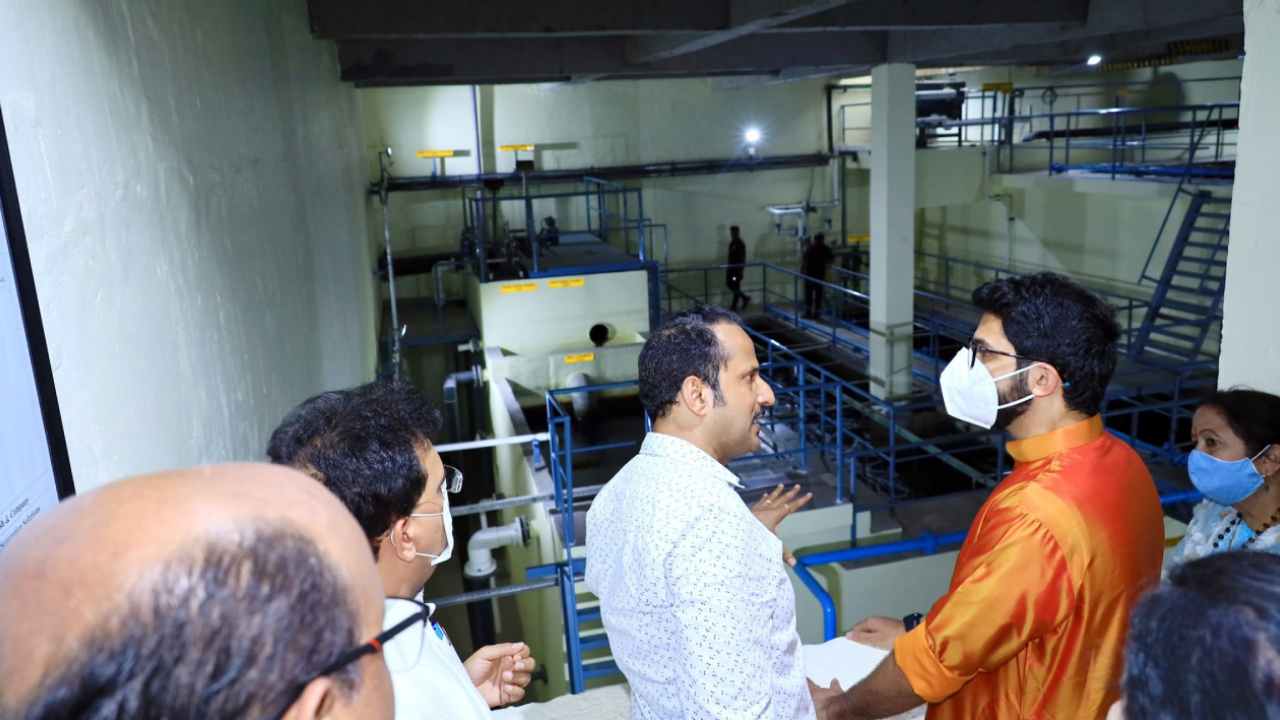Veer Mata Jijabai Bhosale Udyan and Byculla Zoo can now treat its waste and reuse it for operation and maintenance. The Byculla Zoo, also known as Rani Bagh, requires 3-5 lakh litres of water per day for drinking and cleaning as well as watering a large garden.
BMC has built a sewerage treatment plant with a capacity of 5 lakh litres of water. On Saturday, Guardian Minister Aditya Thackeray inaugurated the ₹10.5 crore project.
In addition to the sewage treatment plant, a 7 lakh litre underground reservoir has been constructed to store the purified water so that it can be used for zoo-related operations and maintenance.
Today, we inaugurated a Sewage Treatment Plant at Byculla zoo. This plant will make the zoo self-sufficient to meet its water needs as it will treat water from Byculla sewage & provide 5 lakh liters of clean water/day for upkeep, thus cutting down consumption from city’s supply. pic.twitter.com/WjluM4byMV
— Aaditya Thackeray (@AUThackeray) April 16, 2022
“With this new facility we also have started an irrigation system for the garden,” said an official from the BMC. The contractor, who has constructed the treatment plant will also be responsible for the maintenance of the facility for three years.
Taking to Twitter, the Worli MLA said the plant will make the zoo self-sufficient to meet its water needs as it will treat water from Byculla sewage and provide five lakh litres of clean water per day for upkeep, thus, cutting down consumption from the city’s supply.
The zoo which is under the jurisdiction of Mumbai’s Municipal Corporation currently meets its water needs through internal wells. Thackeray also inaugurated new biome-based enclosures and gardens for monkeys and birds, which contain a wide variety of flora and fauna.
After being shut since April 2021 due to the second Covid wave, the Byculla zoo was reopened for the public on November 1, 2021. According to official data, between November 1 and 22, the zoo recorded a footfall of 1,25,702 visitors resulting in revenue of ₹50,96,450.





























